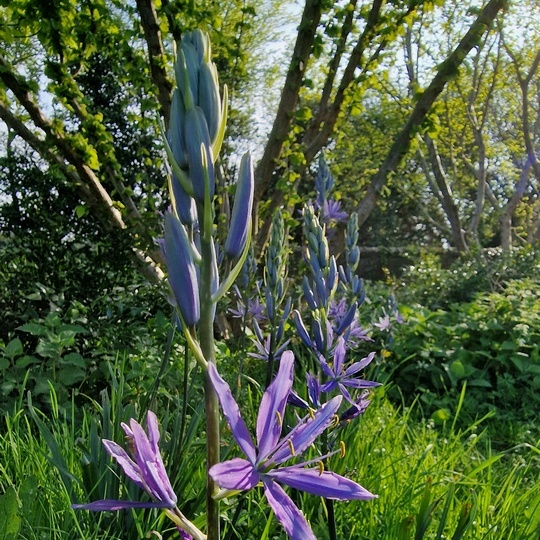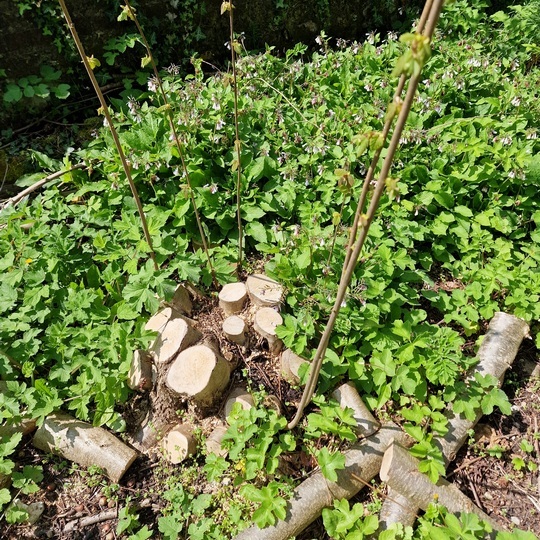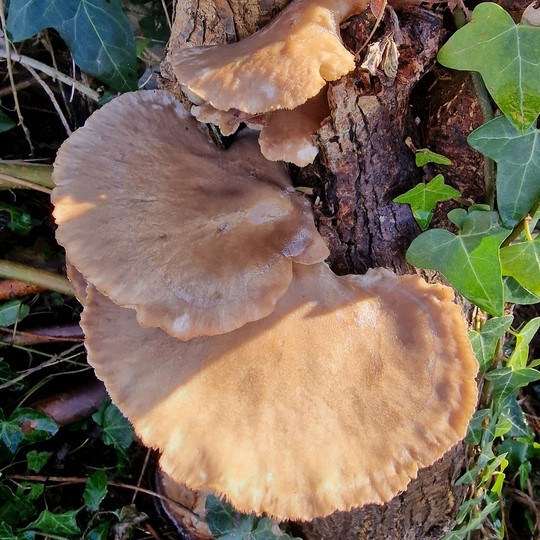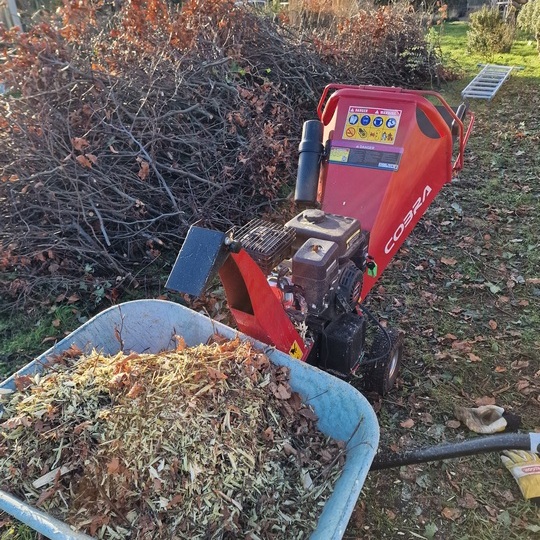Woodland Gardens
beautiful and resilient ecosystems
Woodlands - and particularly woodland edge - are one of the most beautiful, biodiverse and rewarding habitats we can create, even in a small garden. Creating woodland gardens combines my skills as a designer, aboriculturist and ecological thinker.
People have intereacted with, and managed woodlands for thousands of years and they can be a rich resource, producing wood products, fuel and a variety of foods. We can recreate some of this, even in a modern, small garden and combine productivity, beauty and biodiversity in one of the most climate-resilient ecosystems. This principle holds true in temperate climates, but also in arid regions of the Middle-East, where I also works.
The Coppice Garden
a landscape methodology
Multi stemmed coppice as the basis of a garden
Managing the garden as an active resource that feeds back into the garden itself, is a circular, or closed-loop ecosystem and is highly resilient. It also create a staggering range of biodiverity and change within the fixed framework of a garden, as light is opened up in one area and shade increases in another, giving a huge dynamic in a small plot. The coppiced material can be used in the garden as poles or edging, it can be chipped into mulch to be returned to the soil. Such a garden needs no external inputs and have a very positive impact.
The range of woodland plants, both native and exotic, that thrive in woodland conditions is well knowns, while giving them a well thought-through structure and ecological management is less well considered, yet makes all the difference.

Camassias flowering on the woodland edge, planted in grass. They love and thrive in these conditions, as do many other plants.

A garden hazel stool, coppiced in winter; the thin epicormic growths were from the previous year and left intact. Sunlight now reaches this area.

Oyster mushroom are essential ecosystem providers. A well as being edible, they can also deter parasitic fungi like Honey fungus

Mulches are essential to create good, active soil ecology. Using garden waste is a good, cyclical systems principle.
mark laurence design ltd | adaptive landscapes for a changing world
©2025 mark laurence